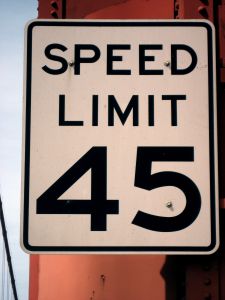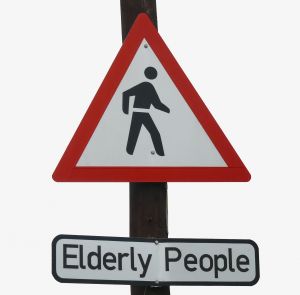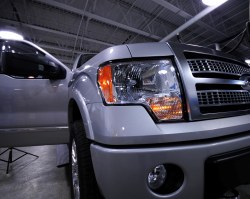A new study from Focus Driven and the National Coalition for Safer Roads has determined that more than 10 percent of red-light violations are actually caused by distracted driving. According to Auto Blog, researchers took a look at close to 120 intersections in nearly 20 communities for a three-month period and determined that drivers weren’t keeping their eyes on the roads — and that they were blowing through red lights because of it.
With that being said, researchers believe that close to 7.5 million red-light infractions are caused by distracted driving each and every year — proving it’s a big (and dangerous) problem.
Our Boston car accident lawyers understand that red-light runners are the number one cause of car crashes in urban areas. When you add that to the fact that officials with the National Safety Council (NSC) have determined that cell phone use is a factor in more than 20 percent of all traffic accidents — it’s easy to see why this is such a big deal.
With the release of these findings, officials with both organizations have launched the “Stop Distraction on Red” safety campaign.
This campaign is meant to specifically highlight the dangers that are associated with distracted driving and red-light running. Just these two actions alone represent driving epidemics that negatively impact the safety of our roads and highways.
There are many kinds of distracted driving, including talking on a cell phone, eating at the wheel, applying makeup, messing with navigation devices and even interacting with other drivers. But worst of all is text messaging. According to recent studies, drivers who text behind the wheel are 23 times more likely to get into an accident.
Did you know that there were nearly 3,500 people killed in accidents that involved a distracted driver in 2011? In addition to all of those unnecessary fatalities, there were another 400,000 people injured in these same kinds of accidents. And both of those numbers represent increases from the year before — this is a problem that we need to reverse.
According to the Insurance Institute for Highway Safety (IIHS), only drivers under the age of 19 are prohibited from using a hand-held cell phone behind the wheel. On the other hand, all drivers are prohibited from using a text messaging device behind the wheel. But that’s not stopping a lot of you out there. Drivers are still using these devices — and ignoring not only their risks for a citation, but also for an accident.
Regardless of how old you are, or which law pertains to you, there should be no legitimate reason for you to take your eyes off the road and your hands off the wheel.Do the right thing and help to save lives out there on our roadways. Hang up and put the text messaging devices away.
Continue reading
 Boston Car Accident Lawyer Blog
Boston Car Accident Lawyer Blog










